Nutrition for better athletic performance – What should you consider during long and intensive exercise?
Whenever a long, strenuous physical activity, perhaps even a competition, is about to occur, the question arises as to how best to nourish oneself to achieve optimal performance. The longer and more extreme the exercise, the more crucial nutrition becomes for success.
During short bouts of exercise lasting up to approximately 45 minutes, no nutrition is required. For longer bouts of exercise or multiple bouts on consecutive days, carbohydrate intake during or between bouts is recommended or even necessary. The body has only limited carbohydrate reserves (glycogen stores), which are depleted during prolonged or repeated exercise, affecting athletic performance.
Relevant nutrients during competition include water, carbohydrates, and possibly caffeine. Carbohydrate intake during exercise can delay fatigue, improve performance over a given race distance, and support coordination and cognition.
The optimal carbohydrate intake depends on the duration of the competition, not on body weight. The following guidelines apply to endurance sports:
• Up to 45 minutes: no need
• 45 to 75 minutes: small amounts of glucose
• 60 to 120 minutes: 30 to 60 g/h glucose
• 120 to 180 minutes: 60 to 90 g/h glucose (& fructose)
• Over 180 minutes: up to 90 g/h glucose & fructose
From an exertion of 120 minutes, it is important to consume both glucose and fructose, as the body has a limited capacity to absorb glucose. Glucose and fructose are simple sugars. However, they also occur in other carbohydrates, in disaccharides and polysaccharides, which contain the simple sugars as building blocks. For example, maltodextrin is a glucose polysaccharide, and sucrose is a disaccharide of glucose and fructose. These polysaccharides are often referred to as "complex carbohydrates." However, the distinction between simple and complex carbohydrates is irrelevant for endurance exercise, as it says nothing about the speed of carbohydrate digestion or the rise in blood sugar.
The form of food, whether solid or liquid, has no significant impact on performance, but liquid food is generally better tolerated, especially in warm environments or during high exertion. The choice between energy bars, gels, and drinks depends on individual preference. However, it is important to consume sufficient fluid with gels and bars. Failure to consume enough water will result in greater concentration of stomach contents. This slows gastric emptying and is more likely to cause digestion problems. Another important consideration with bars is that they contain little fiber, protein, and fat, as these are believed to slow gastric emptying and reduce carbohydrate utilization.
For very long loads in the ultra-distance range, different recommendations apply.
Overall, a well-planned and, above all, tested diet during long competitive periods is crucial to optimize athletic performance and prevent tolerability problems.


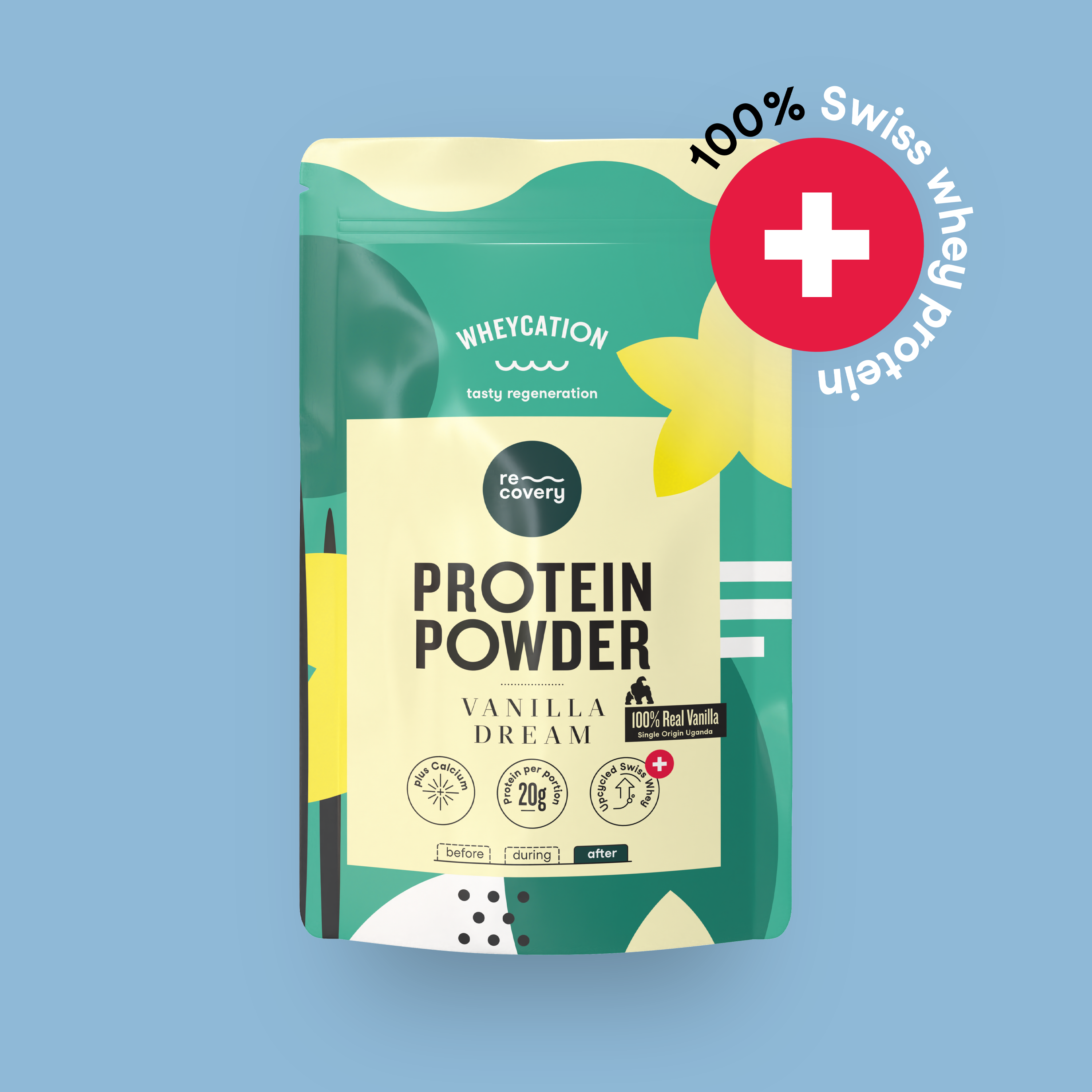

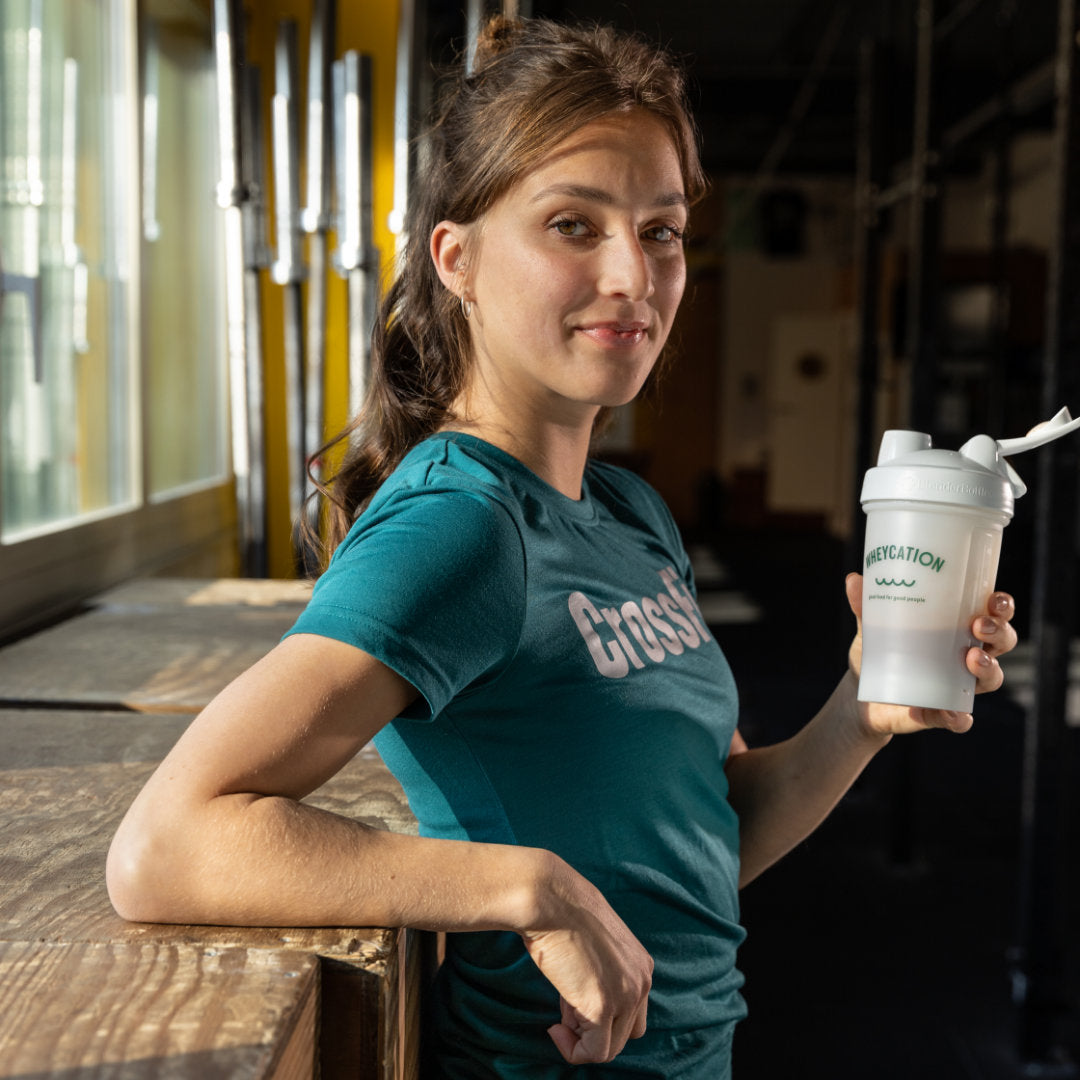
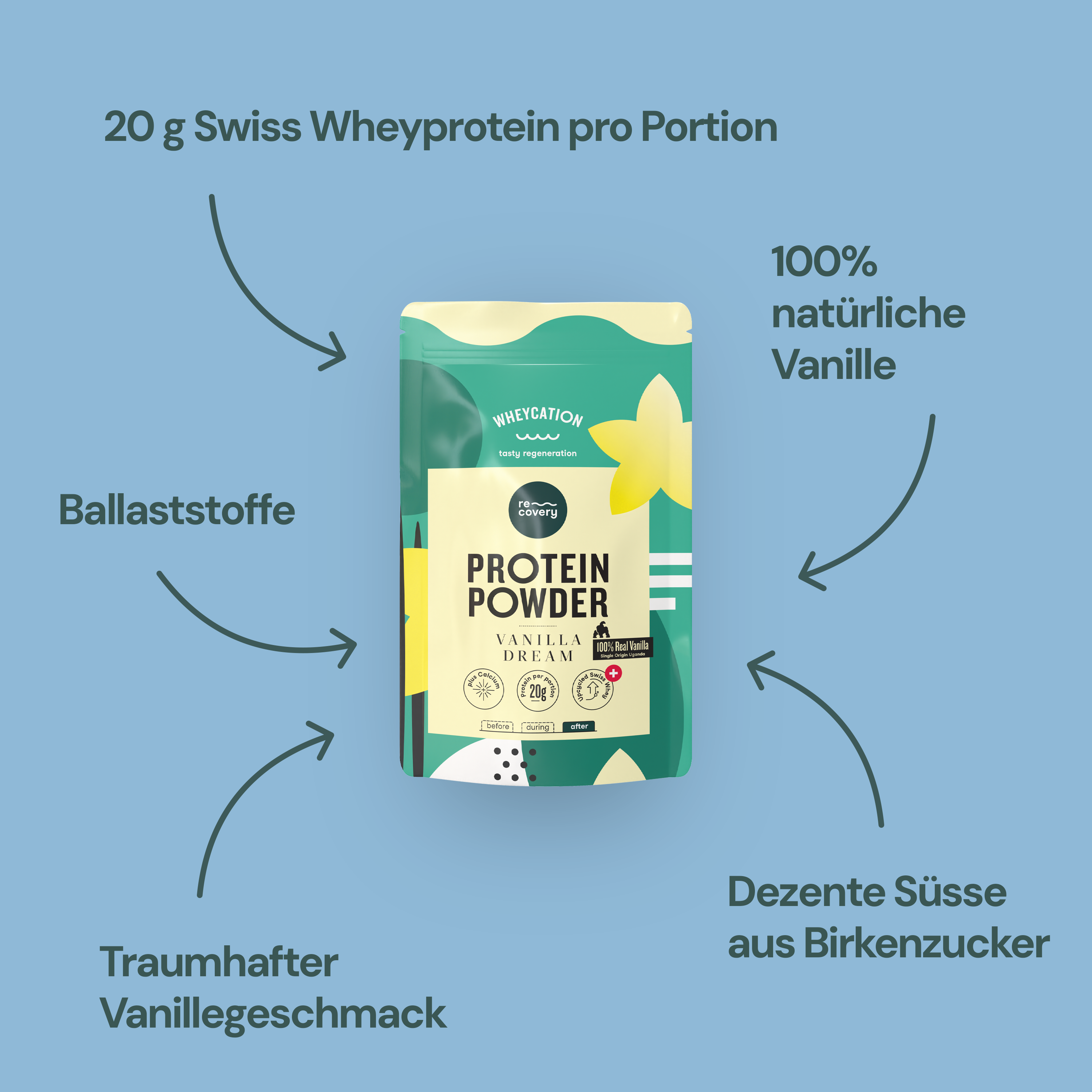
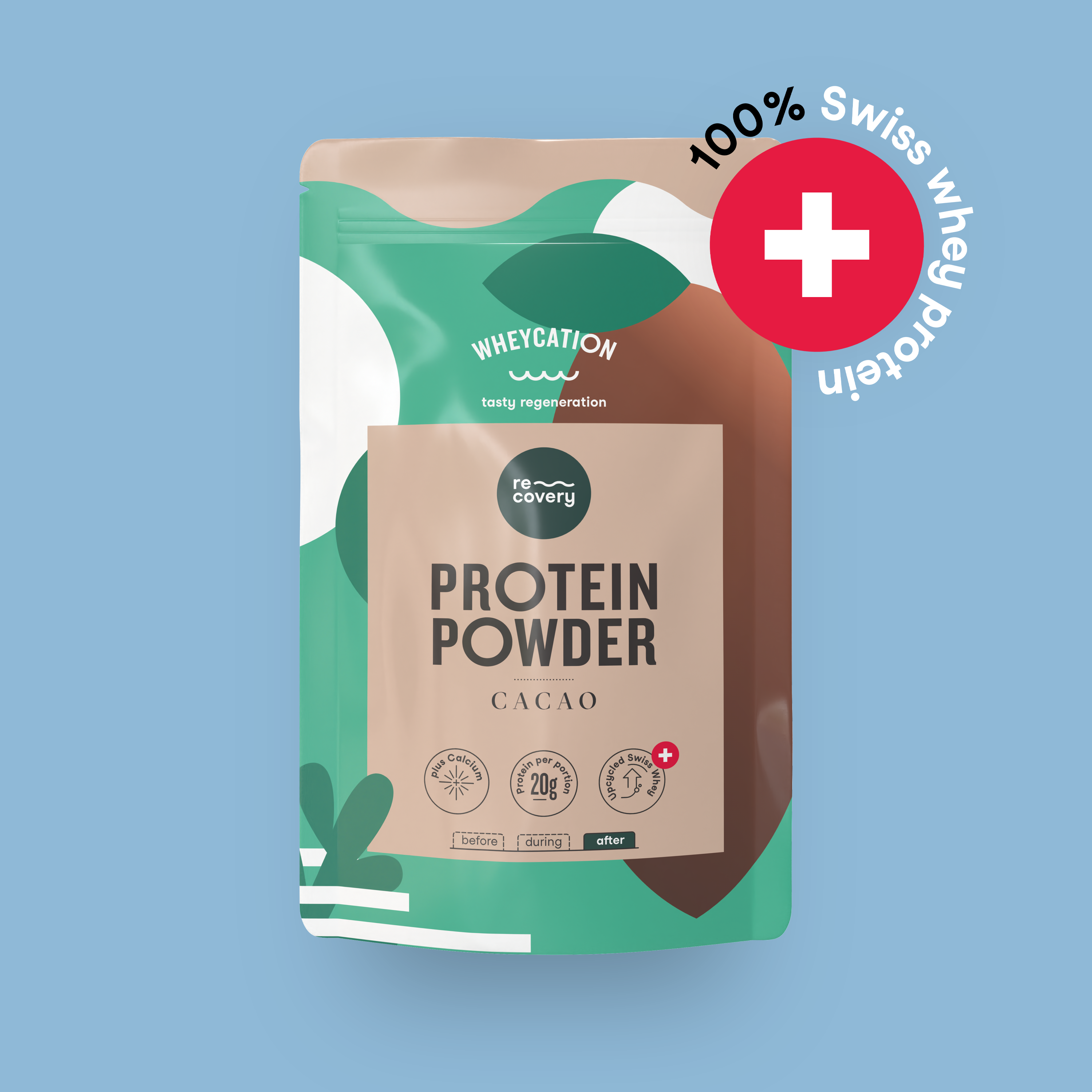

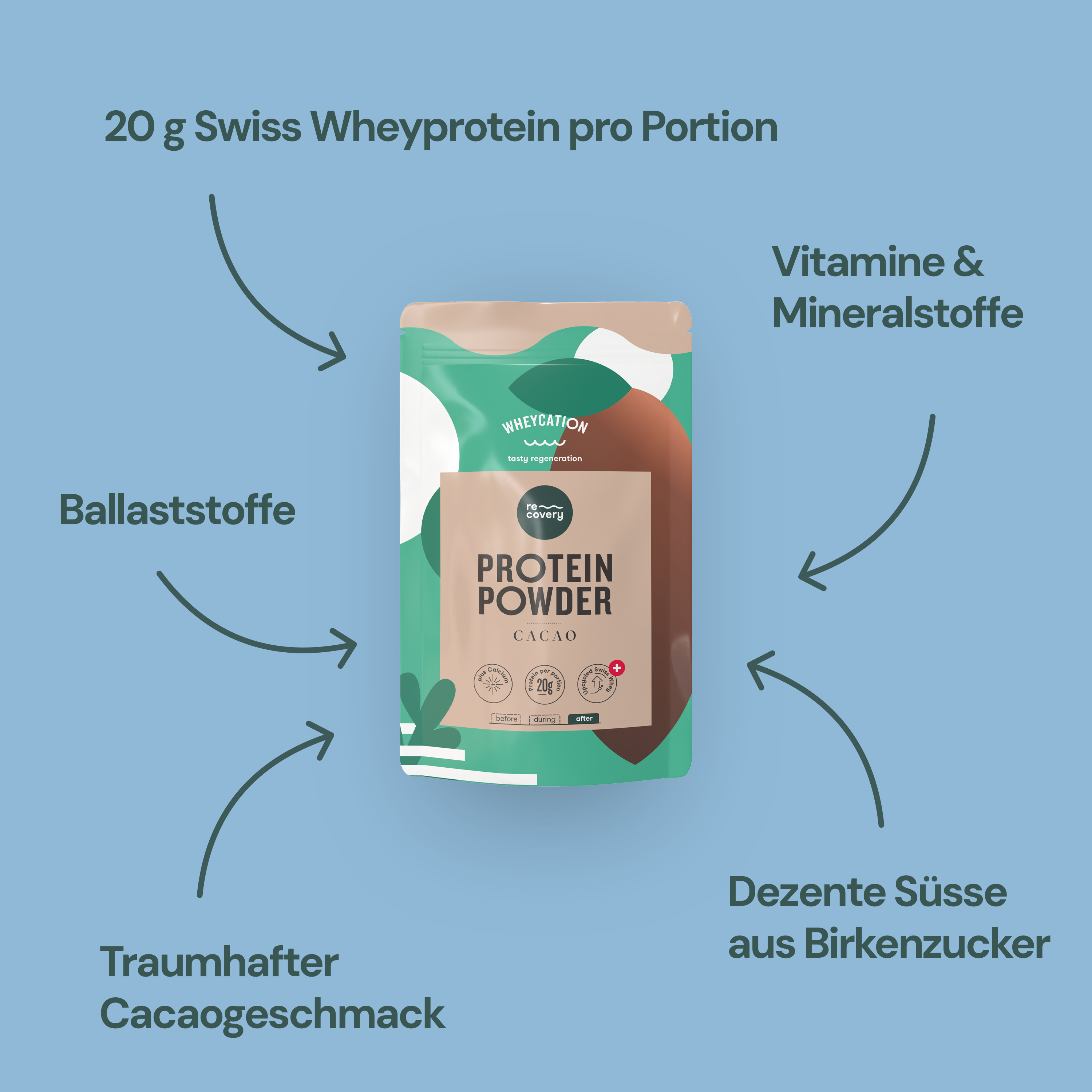
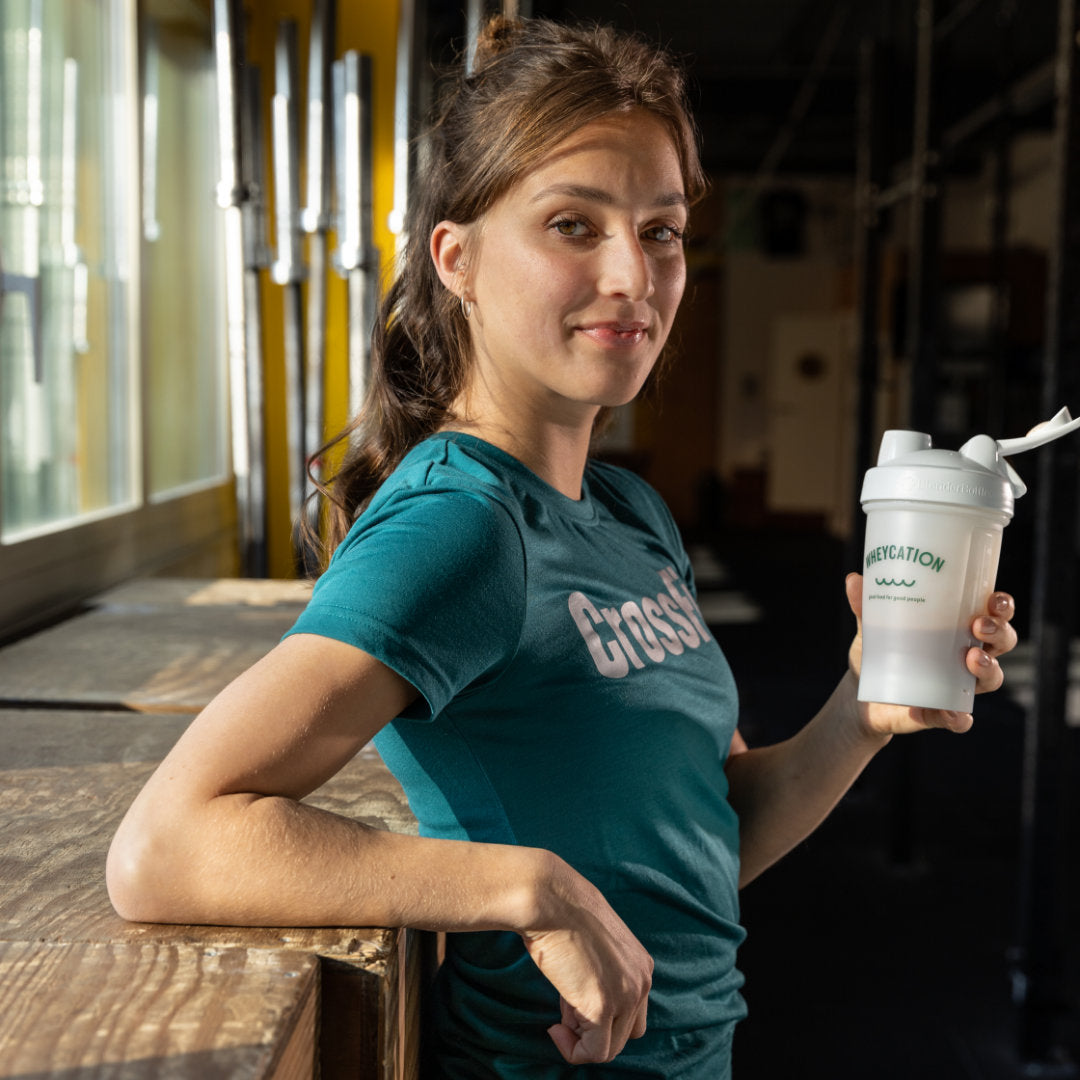
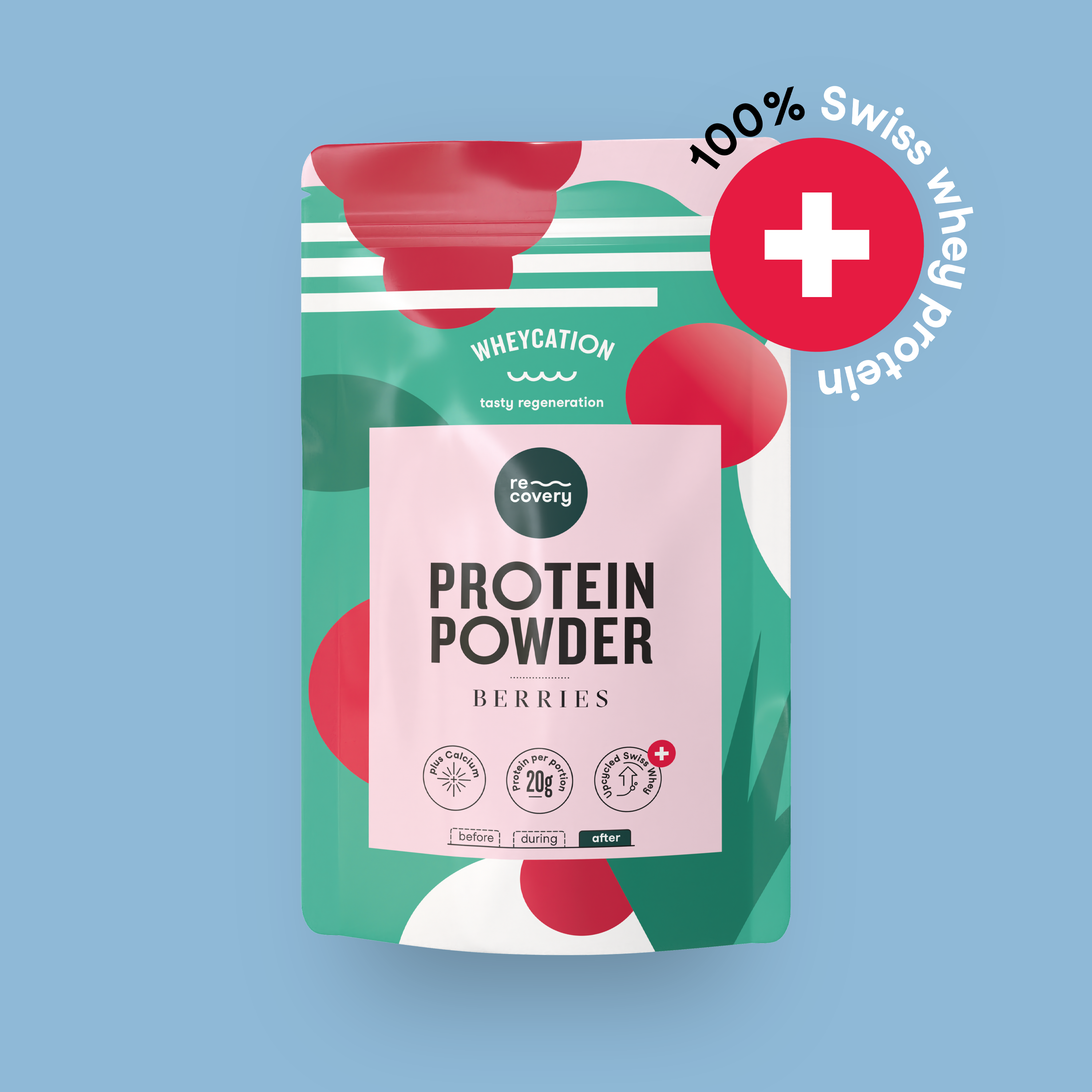
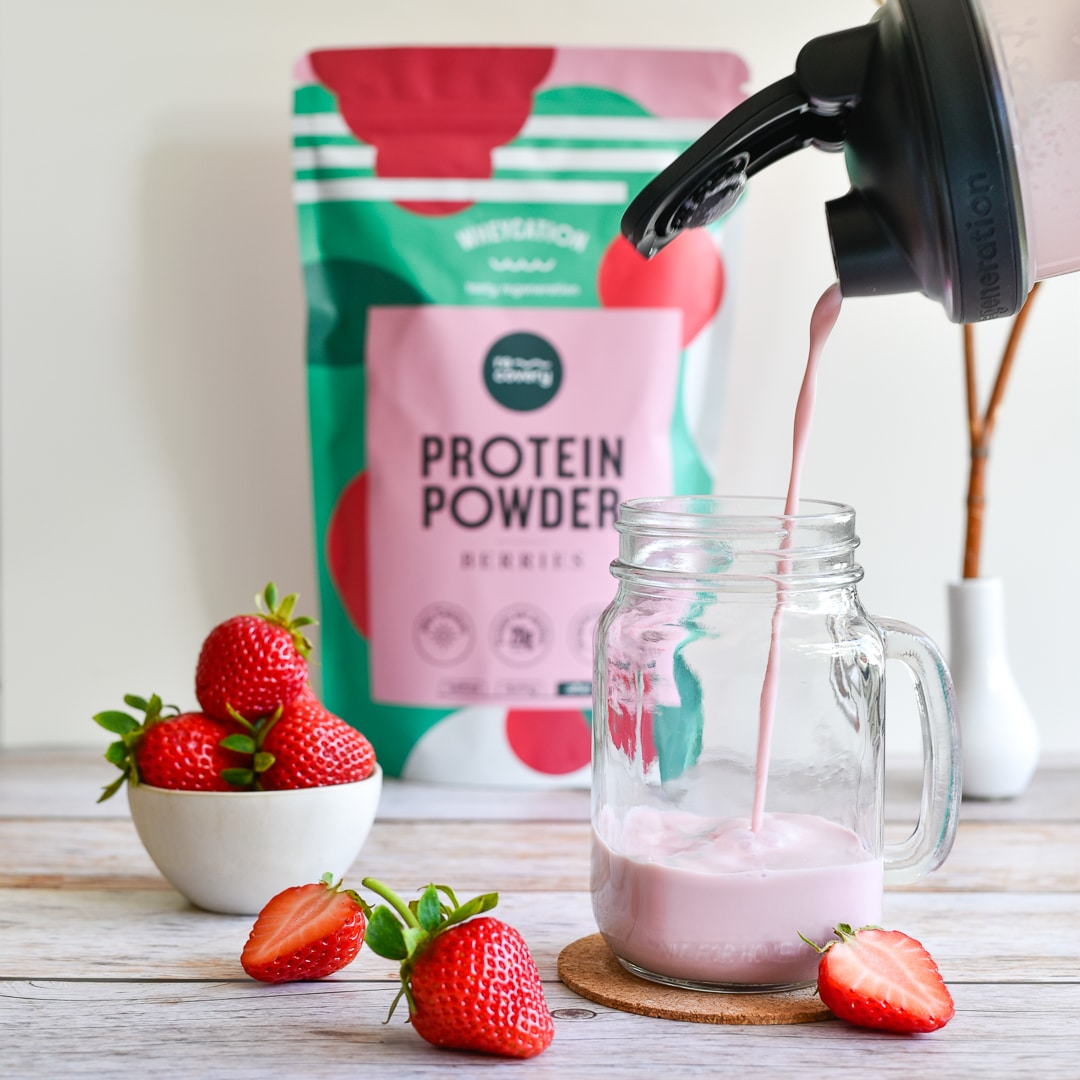

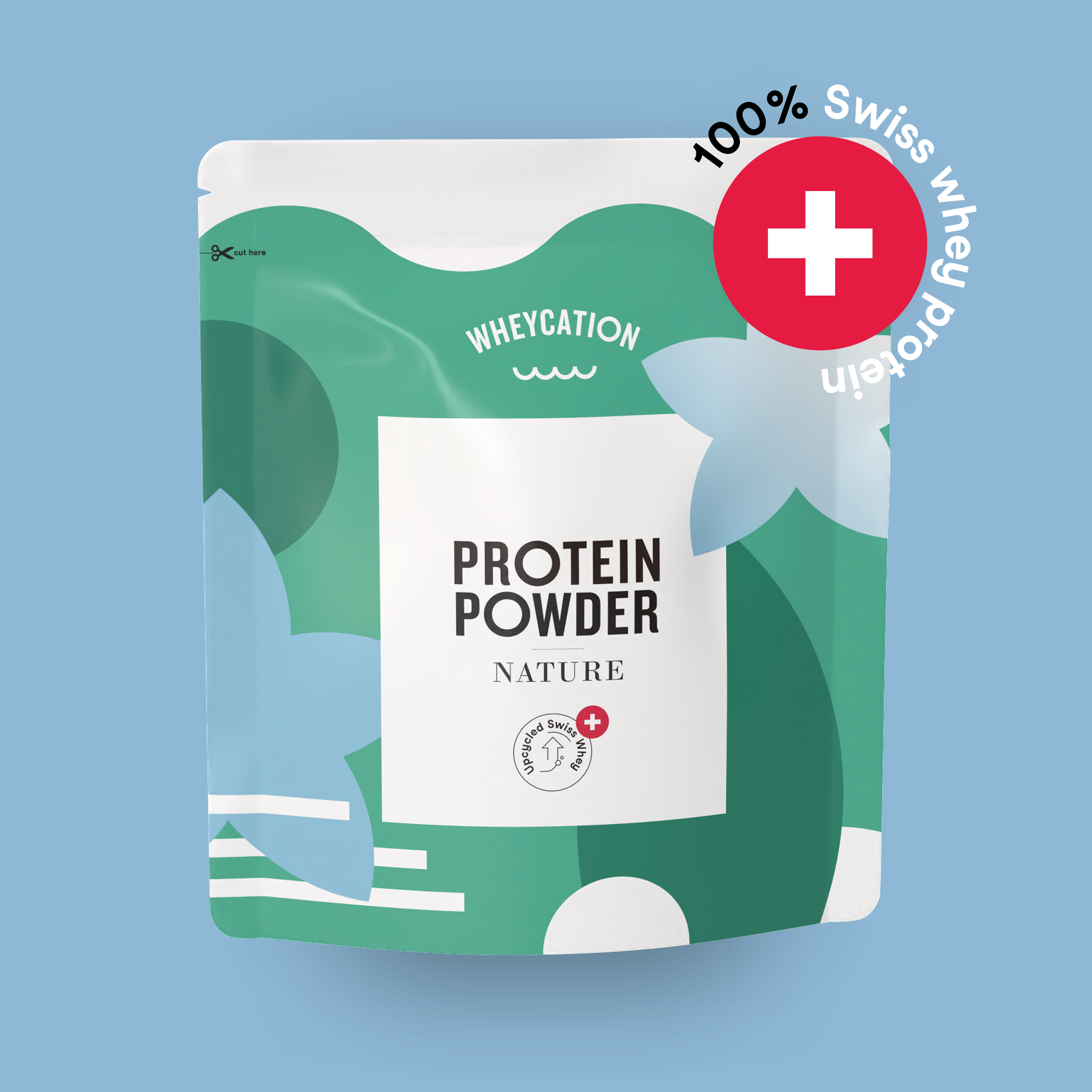
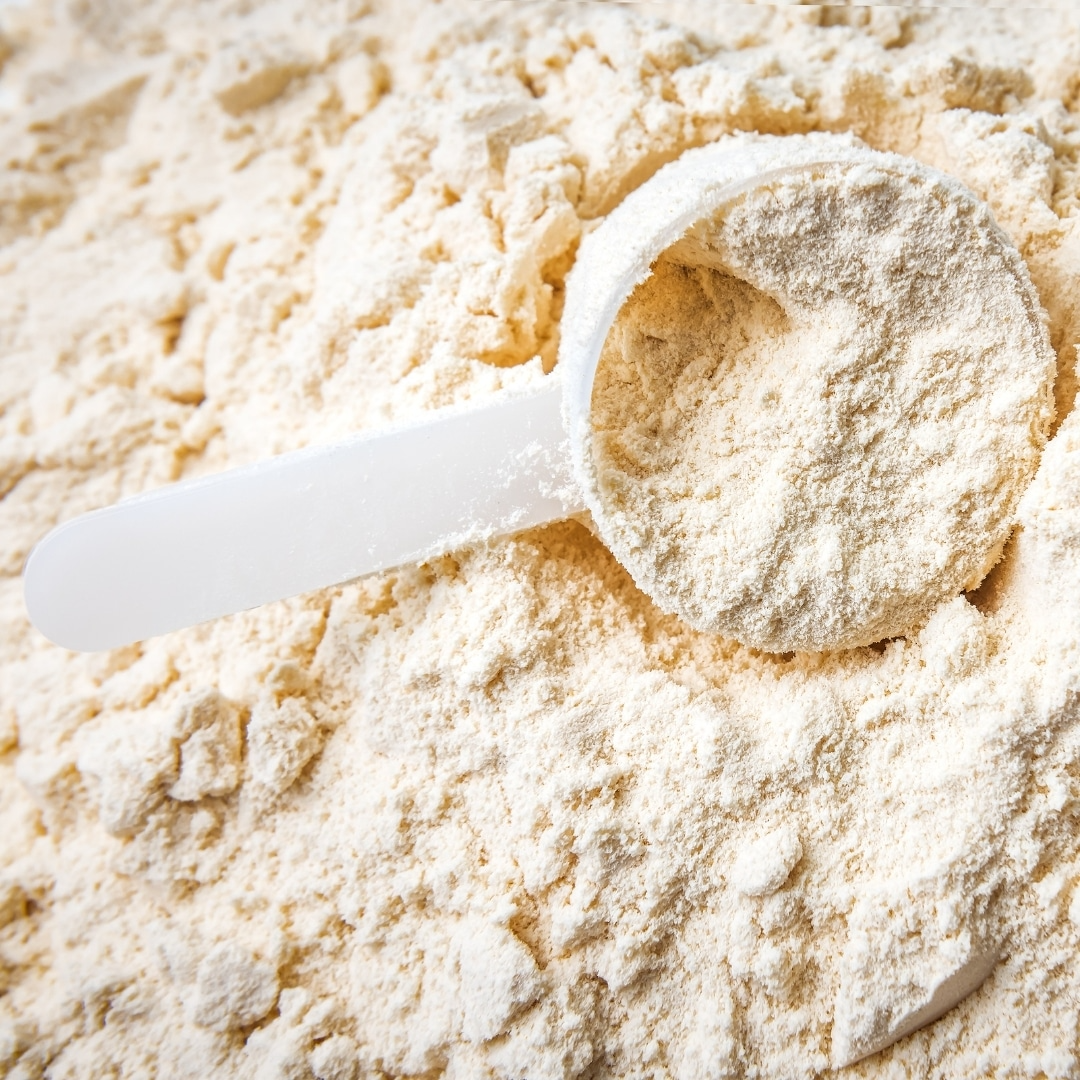
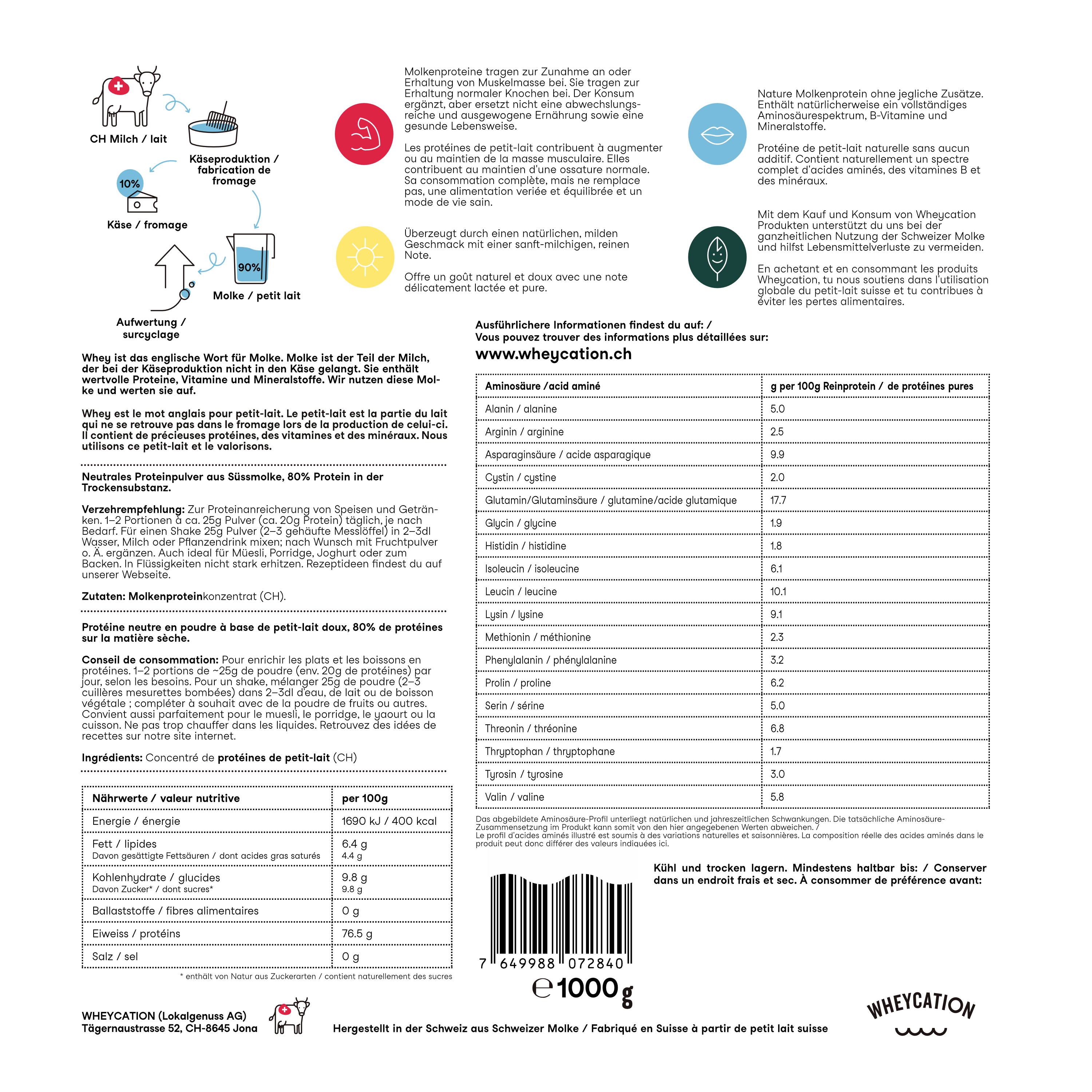
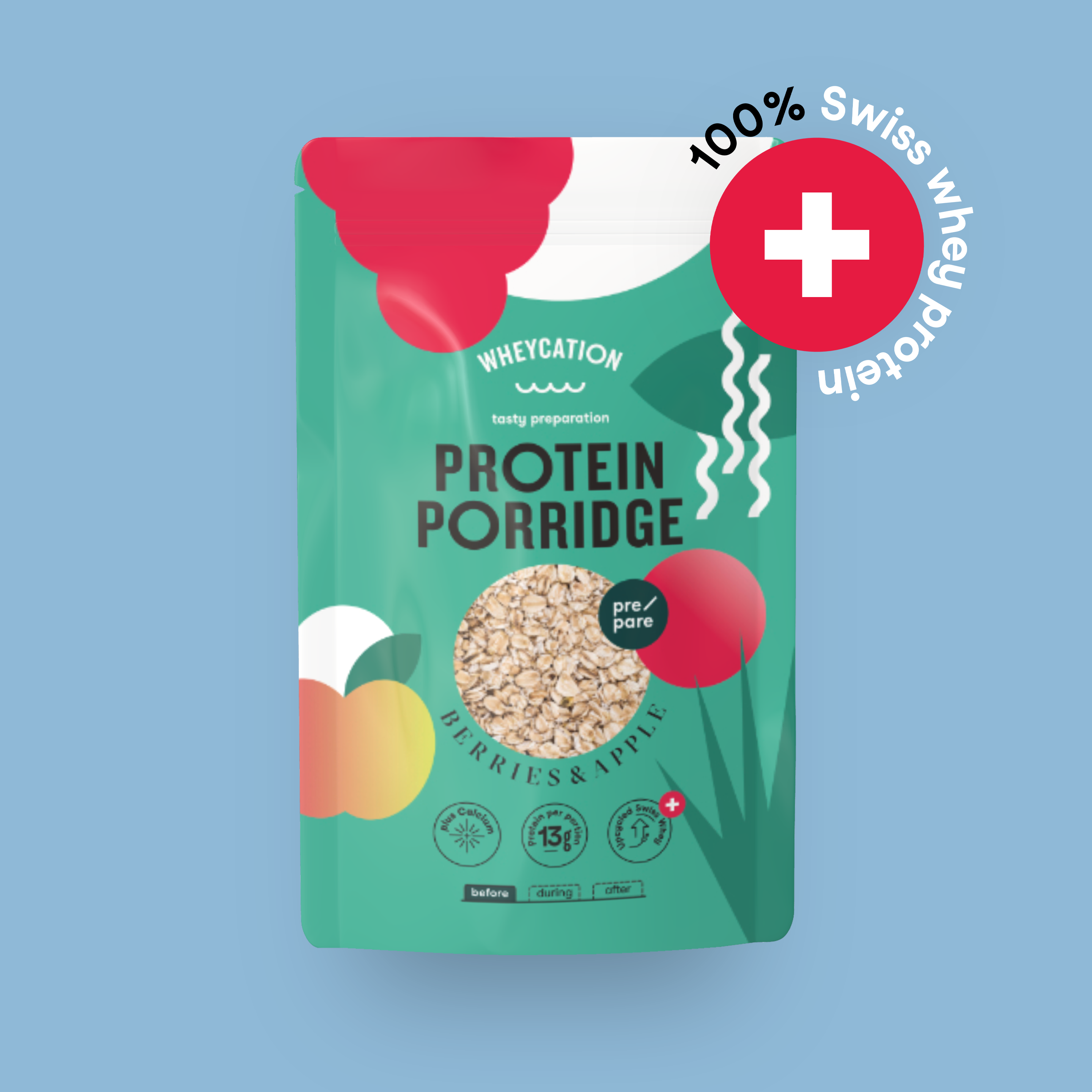
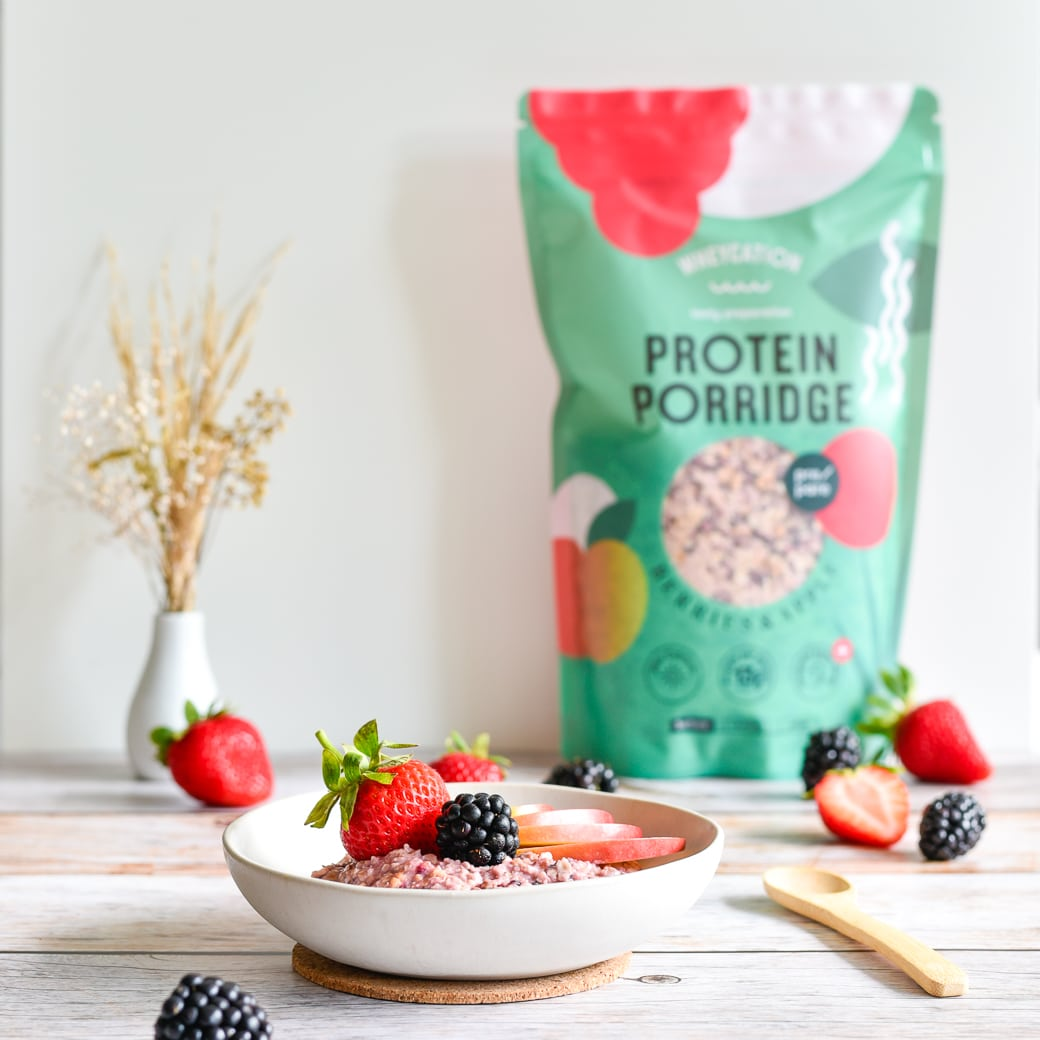

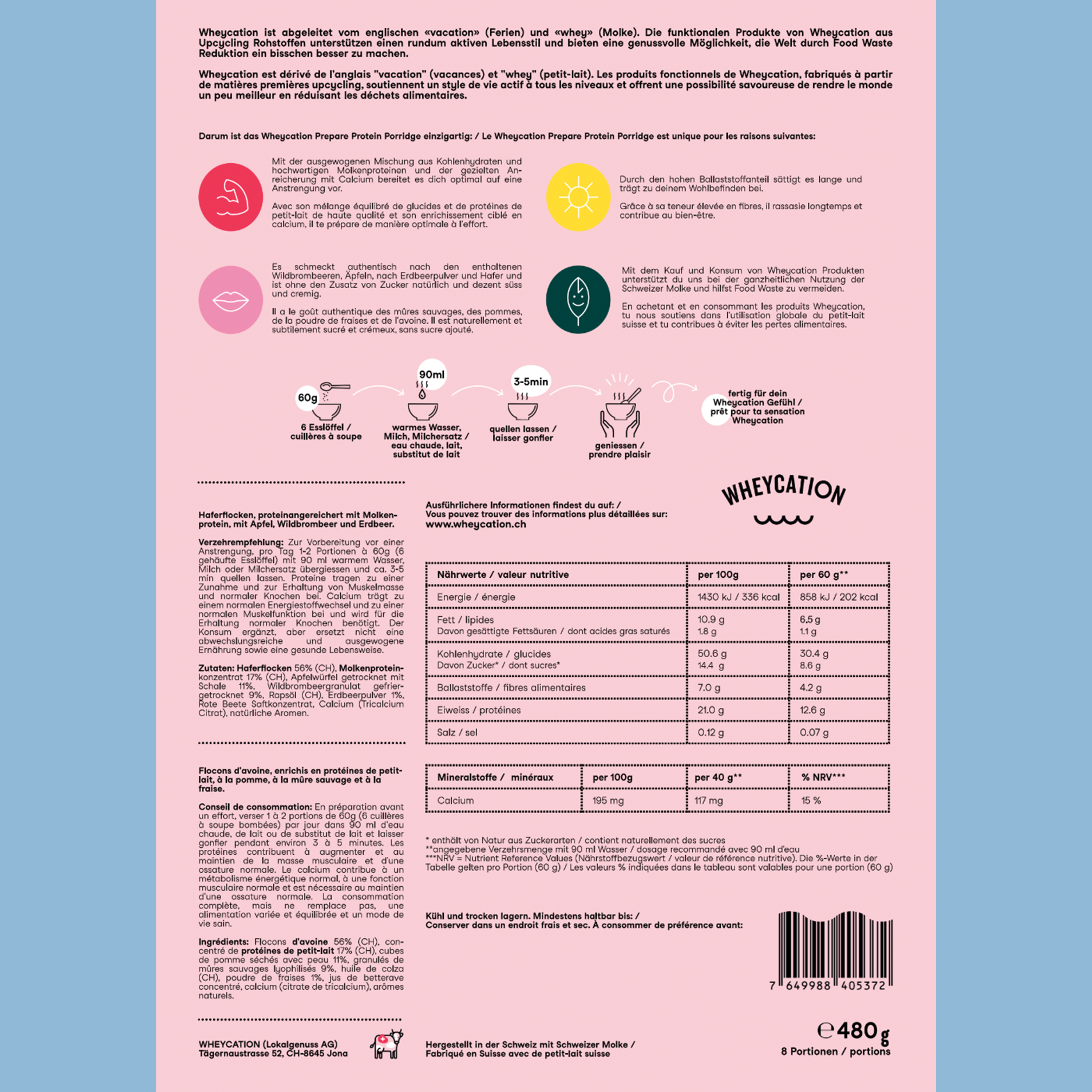
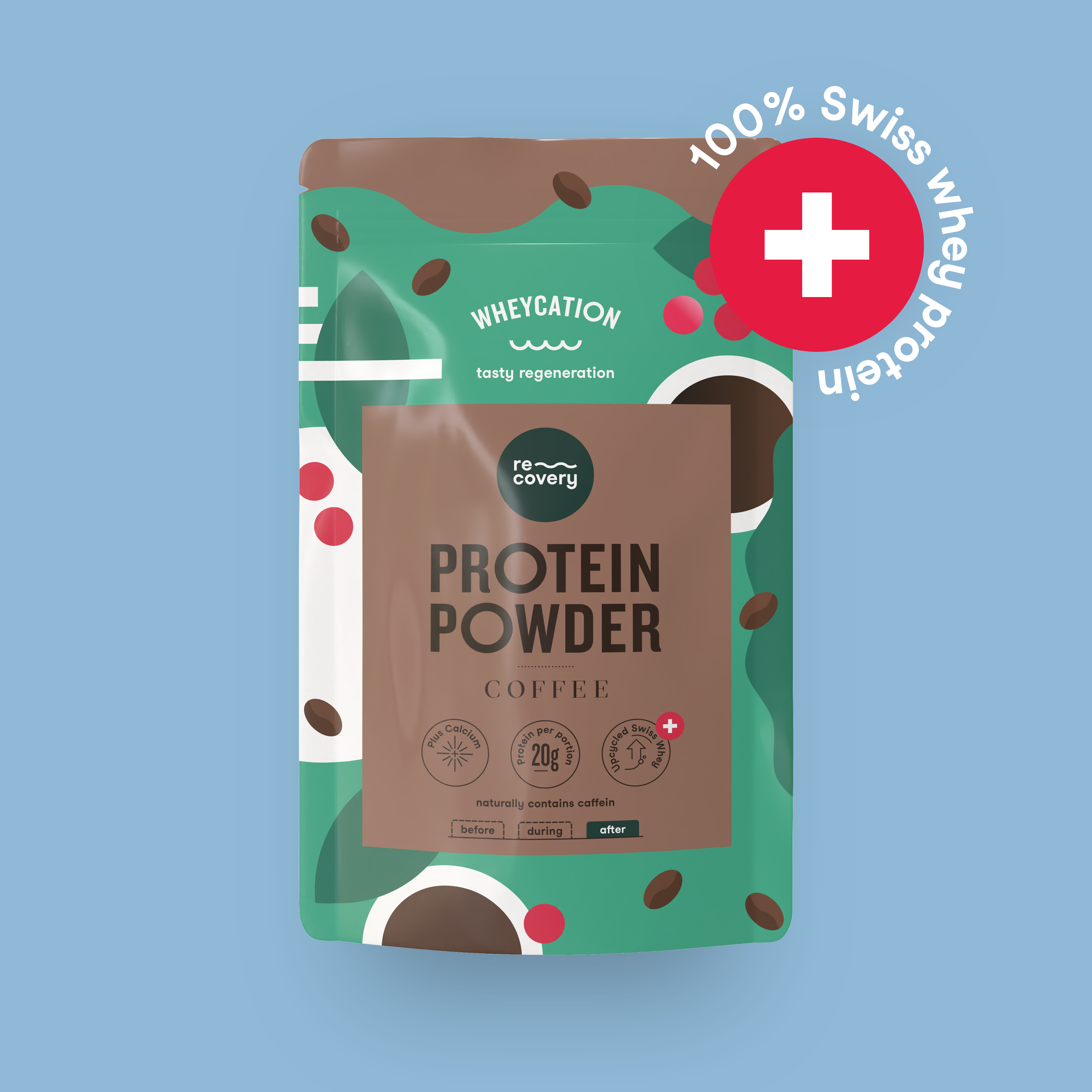
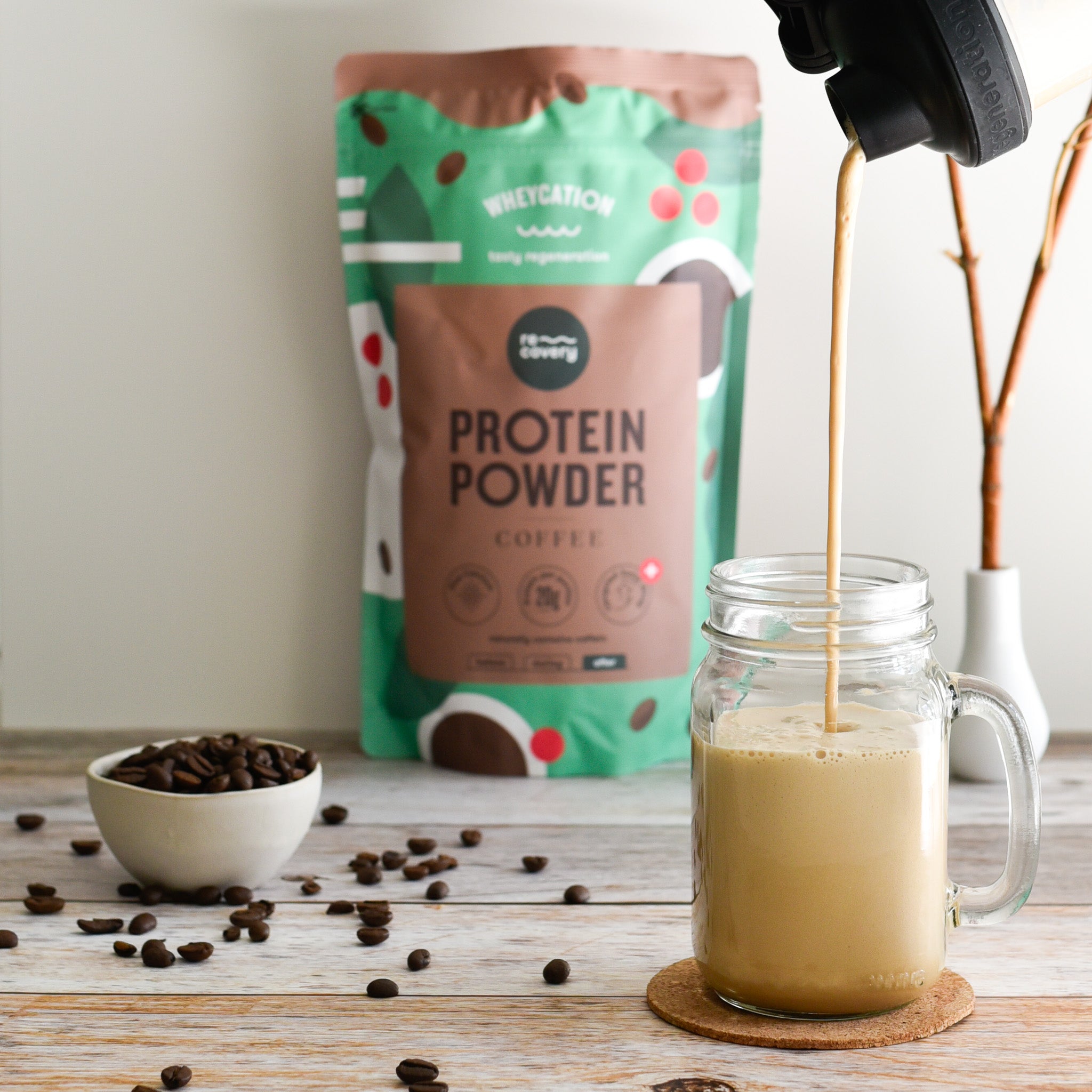




Split: